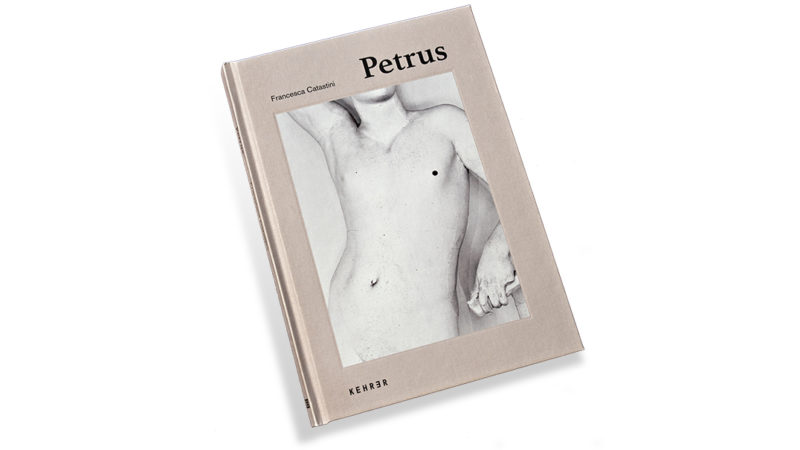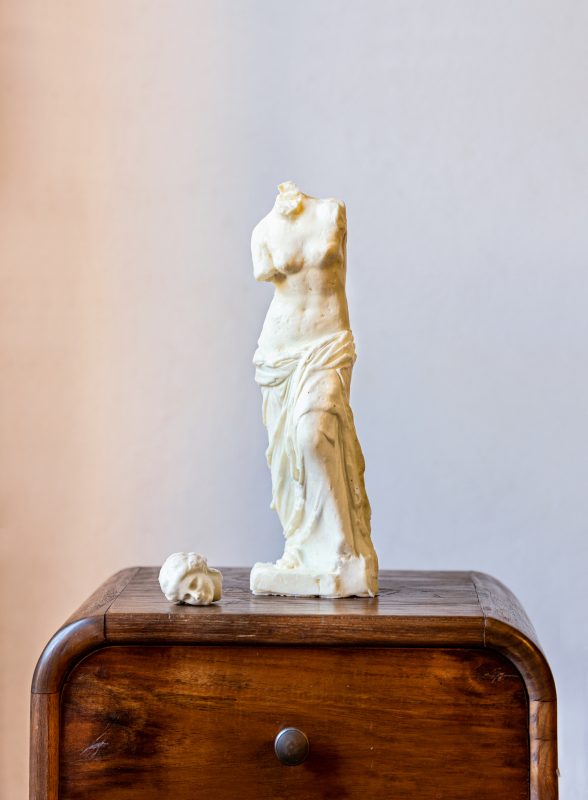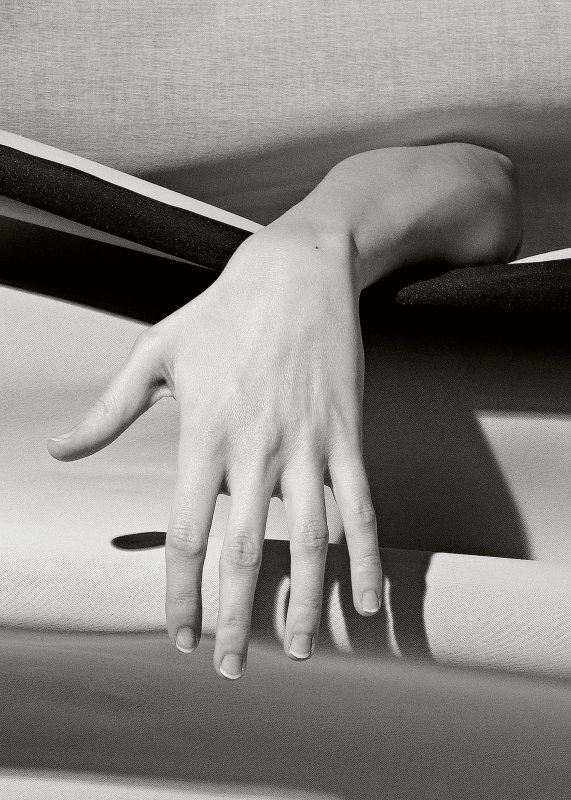Francesca Catastini
Petrus
Kehrer Verlag
In 2016, Francesca Catastini was invited by a man named Albrecht to take photographs of his holiday residence in the outskirts of Lucca, Italy. He was soon to be leaving, and wanted images of his home to remember it by. Whilst browsing, she came across an old Italian liquor — ‘Petrus’, a dark bottle with a red cap. As Catastini recalls, the drink was advertised in the 1980s as ‘the perfect drink for the strong man’. She later discovered that Albrecht’s grandfather, nicknamed after his uncle Pietrino, was a central paternal figure in his life… Pietro comes from the Latin ‘Petrus’.
Associations drawn between the liquor bottle, its masculine expression and patriarchal overtones served as the catalyst for Catastini’s latest body of work Petrus, now published in book form by Kehrer Verlag. With Albrecht — his home, his possessions and his life — at its heart, Petrus unravels in a sweeping meditation on the symbolic capacities of objects, and particularly the engendered meanings one might ascribe to them. Manifesting itself as an encounter with a subject that is ultimately absent from view, the book exhibits objects belonging to Albrecht. Albrecht the schoolboy, the musician, the smoker, the footballer. Put together, these possessions reveal the human drive to sculpt (sometimes very literally) ourselves, our ideas and the world around us, knowingly or unknowingly.
Landscapes comprising man-made quarries that surround Albrecht’s village are blended deftly with a mixture of ephemera and still-lifes which, in their ambiguity, invite symbolic readings; a stuffed bear caught prowling within a diorama, a postcard illustrated by the posturing Apollo Belvedere are but two examples. And what for the image of the Cuban cigar, protruding from a gloved and tightly-gripped fist? Perhaps, as Sigmund Freud is supposed to have said, “sometimes a cigar is just a cigar”.
Catastini plays with an array of visual references, constructing and deconstructing certain western masculine archetypes, those that hold a ‘powerful symbolic violence on us’ as the artist has said. By way of their decontextualisation and rearrangement, the images conjure an apparition of sorts, a projection of a man which is metonymic, arbitrary and, ultimately, subjective. As such, this book is a search for a definite form, albeit a static and finally anti-revelationary one. By the end, we feel we know no more about Albrecht, but also more of ourselves and our social and cultural conditioning. Petrus becomes not so much a study of how we can define masculinity, but if we can altogether. ♦
—Alessandro Merola
All images courtesy of the artist and Kehrer Verlag. © Francesca Catastini




